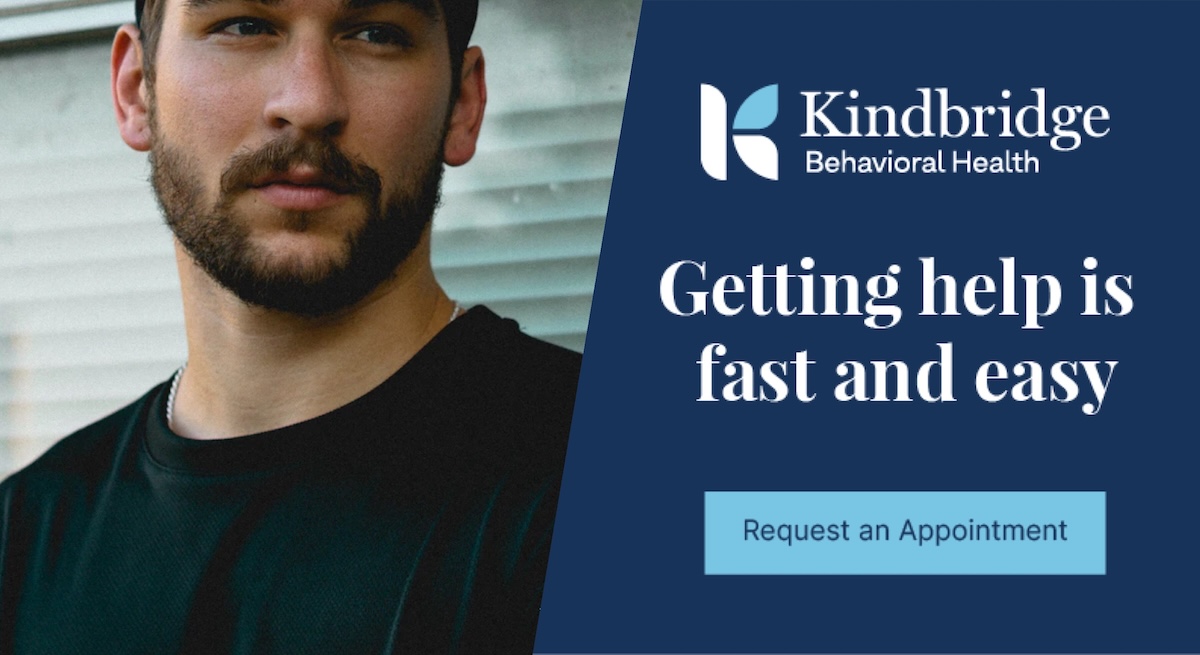It all started with short visits to the casino before or after the hitting the club. Or maybe when your fantasy football squad began upping the ante online with the legalization of sports betting. It was all fun and games at first, but after awhile you noticed a change in your amigo’s behavior. Their experience with gambling hasn’t been the same as yours. Their relationship with the activity appears to have taken a concerning turn and you’ve come online to exclaim; I think my friend has a gambling problem. We’re glad that you did, as your call for help could be the impetus for change that may save them from further harm. Below are signs that may confirm a problematic relationship with gambling, along with a critical call to action.
How to Confirm if Your Friend Has a Gambling Problem and What You Can Do About It
THEIR TEXT MESSAGES TO YOU LOOK LIKE THIS
Jan. 15, 2022: F— I lost it all lol … can you ask (Bowyer) if he can bump me 50k? That will be my last one for a while if I lose it.
Nov. 14, 2022: I’m terrible at this sport betting thing huh? Lol . . . Any chance u can bump me again?? As you know, you don’t have to worry about me not paying!!
Dec. 9, 2022: Can u bump me last 200? I swear on my mom this will be the last ask before I pay it off once I get back to the states. Sorry for keep on asking. . . .
June 23, 2023: I’m the worst lol . . . can’t catch a break. . . . Can I get one last bump? I swear this is gonna be my last until I get the balance down significantly . . . . I promise this will be the last bump for a while.
June 24, 2023: I have a problem lol. . . . Can I get one last last last bump? This one is for real. . . . Last one for real
Courtesy of The Atlantic, April 2024
What you just read was no fiction. These are the text messages from one Ippei Mizuhara, interpreter and good friend to MLB super star Shohei Ohtani of the Los Angeles Dodgers. His text messages were released last month during an investigation into the embezzlement of more than $4.5 million from Ohtani’s account.
Communications such as these are not uncommon between problem gamblers and those who are close to them. But instead of the messages being delivered to a multi-millionaire’s account rep, they are generally directed to trusted friends when they need a loan to cover gambling debt. The words are peppered with “lol” and casual lingo to make it seem as if there is nothing to be concerned about. If these text messages mirror what you’ve received from your pal, the odds of them having a serious gambling problem are high. Please keep reading.
OTHER BEHAVIORS INDICATING A PROBLEM
There are other behavioral changes to watch out for that will be unique to your relationship. Common signs between friends, when one has a gambling problem, include the following:
- They get easily irritated, are often angry, and exhibit mood swings around you (view more)
- They aren’t interested in doing the same things you used to do together
- They only invite you out to go to the casino or sports bar to engage in online betting
- They only want to talk about sports betting
- They are constantly on their phone and checking betting / fantasy sports apps
- They started hanging out with a new group that is also heavily into gambling (poker nights, etc.)
- They lie to you about their time and/or money spent in gambling
- They have resorted to illegal activities to fund their gambling habit
THEY HAVE OTHER MENTAL HEALTH ISSUES
Any combination of the above validates your cause for concern. However, the likelihood that your friend has a gambling problem increases if they have other mental health issues that are known to cooccur with gambling disorder. If they previously confided in you that they have struggled any of the following, timely intervention (more on this below) is required:
- Depression
- Anxiety
- Chronic stress
- Bipolar disorder
- ADHD
- PTSD
- Schizophrenia
- Substance abuse disorder
Further, if you are aware of a family history of gambling (i.e. their father was a compulsive gambler) their vulnerability increases.
WHY IMMEDIATE ACTION IS NEEDED
Unsure about whether or not to confront your friend about their gambling problem? What if we told you that in addition to the debt and change in behavior, that they face a significantly higher risk of suicide? Think we’re exaggerating? We wish we were. Unfortunately, suicide statistics for problem gamblers are downright frightening:
28% of Problem Gamblers Report Suicidal Thoughts
42% of High Risk Gamblers Have Wished They Were Dead
28% of High Risk Gamblers Experience Suicidal Ideation
20% of High Risk Gamblers Report Making Suicide Attempts
26% of High Risk Gamblers Engage in Other Forms of Self-Injury
21% of Sports Bettors Have Wished they were Dead on One or More Occasions
If you have felt that your concern for them may have been selfish (as you don’t hangout like you used to), it’s not. Your intervention could end up saving their life.
WHAT YOU CAN DO TO HELP
Stage an Intervention
This is your buddy that we’re talking about. As good friends you’ve been blunt with one another through the years (regarding relationships, etc.) so you don’t need to walk on egg shells on this occasion either. If you’ve tried to talk about your concern one-on-one in the past to no avail, it’s time to stage an intervention.
This may sound like a daunting task, but with some help you can rally the rest of your friend group (and their family) and help your comrade before they hit rock bottom. Kindbridge Behavioral Health is here to provide this help. Click the link below for a detailed guide on how to proceed:
When your friend is ready to get help, they can do so in a welcoming one-on-one setting, or you can join them (if they are comfortable) in a family/friend session. Have them reach out via the contacts below.
Get Immediate Help for Problem Gambling
CALL +1 (877) 426-4258
OR


